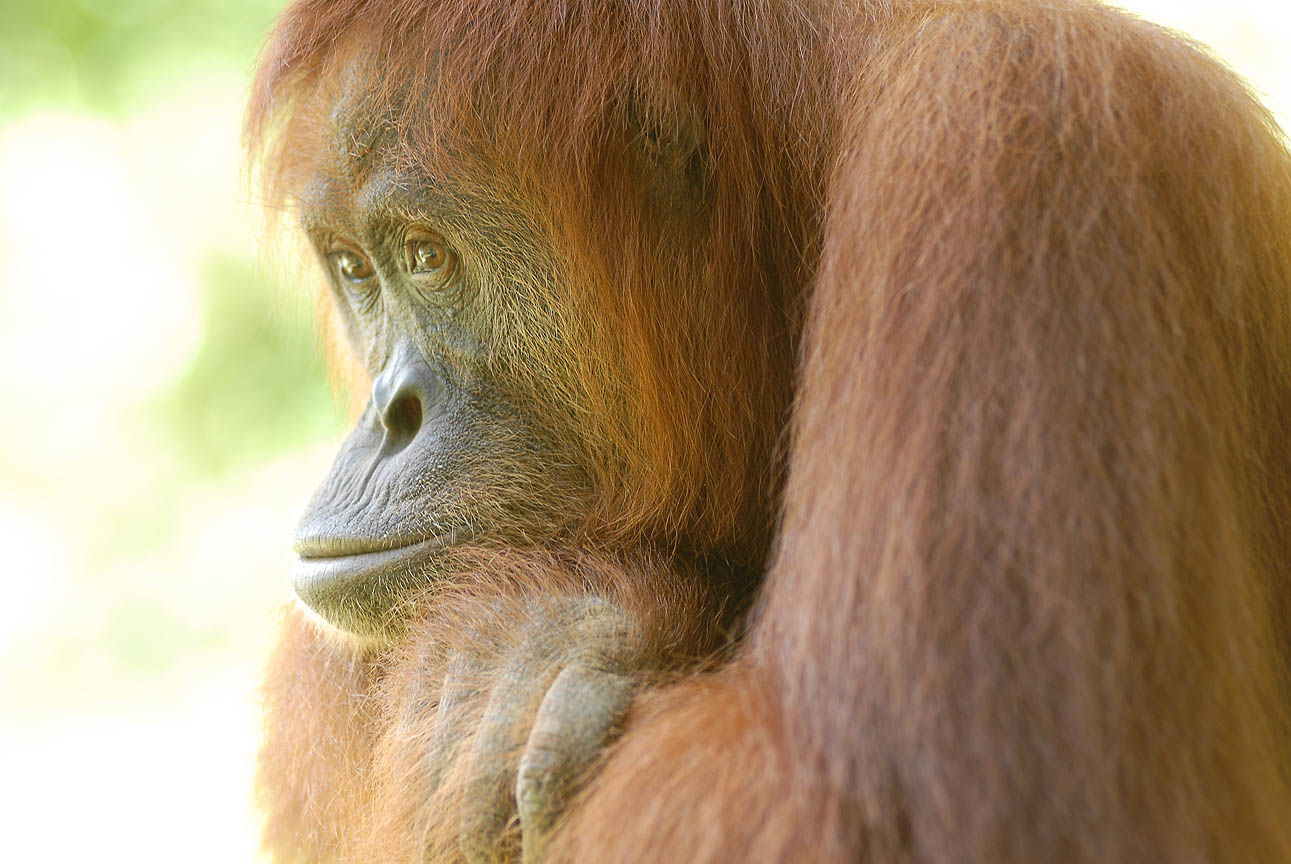Should we be worried about the impact of Covid-19 on orangutans?
Our closest living relatives are known to be susceptible to catching respiratory diseases from people, so conservationists are calling for orangutans and other great apes to be protected from the Covid-19 outbreak.Great apes are our closest living relatives and are known to be susceptible to catching respiratory diseases from people. Leading scientists have warned this week that the coronavirus pandemic could therefore wipe out populations of orangutans and other great apes.
While no great apes have yet been reported to have contracted Covid-19, all great ape populations are already threatened by factors like habitat loss and poaching, so conservationists are calling for measures to be put into place to protect populations from the emerging threat of the virus.
Professor Serge Wich, of Liverpool John Moores University, said,
“We do not know what the effect of the virus on them is and that means we have to take the precautionary principle and reduce the risk that they will get the virus. That means halting tourism, which is happening in several countries already, reducing research, being very cautious with reintroduction programmes, but also potentially halting infrastructure and extractive projects in great ape habitats which bring people in closer contact with great apes and thus potentially spread this virus to them.” (source: BBC News)
In response to the pandemic, Indonesia has closed 56 of its conservation zones to visitors indefinitely – this includes Gunung Leuser National Park, a popular tourist spot for viewing orangutans in the wild.
At SOS, we are keeping a close eye on developments in Sumatra, and doing everything we can to keep supporting our conservation colleagues on the ground through our fundraising and awareness activities in the UK. It will be vital to get our teams back out in the field as soon as social distancing allows, so please donate if you can.

